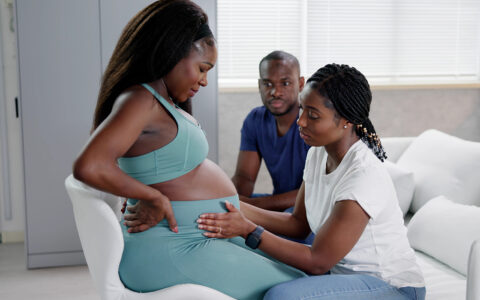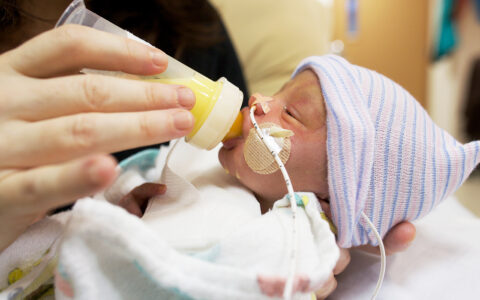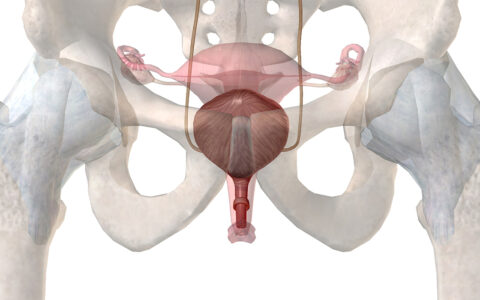Vanderbilt University Medical Center researchers have successfully quantified the increased risk of miscarriage associated with alcohol use during early pregnancy.
Among 5,353 women, researchers found an additional 8 percent increased risk of miscarriage for each week a woman consumes alcohol in the first 5-10 weeks of pregnancy. The risk increased independent of the amount and type of drinks consumed.
“Our findings are alarming. Levels of use that women, and some care providers, may believe are responsible are harmful,” said senior author Katherine Hartmann, M.D., an epidemiologist and deputy director of the Vanderbilt Institute for Medicine and Public Health.
“Levels of use that women, and some care providers, may believe are responsible are harmful.”
Common Habits
The report, published in the American Journal of Obstetrics and Gynecology, underscores how common it is for pregnant women to drink alcohol.
“Ten percent of women continue to use alcohol through pregnancy, as many as half of pregnancies are exposed around conception,” the authors wrote. “Preemptive change in alcohol use when planning a pregnancy is not typical.”
Hartmann’s team sought to determine exactly when and how women use alcohol around conception. Women in the study were already participating in the nationwide Right from the Start study, which Hartmann leads.
A full half of the women drank alcohol during early pregnancy. The median gestational age for stopping alcohol use was 29 days. Said Hartmann, “Modest levels of consumption are often seen as likely to be safe.”
Connections to Miscarriage
In contrast to previous risk assessments that lump all alcohol use during pregnancy, Hartmann’s team parsed out drinks in the weeks before and after pregnancy detection. They assessed associations between miscarriage and alcohol exposure, quantity, beverage type and binge drinking. The granular approach enabled risk calculations for each week of the first trimester.
Two modeling approaches associated alcohol use in gestational weeks 5-10 with miscarriage, and the risk peaked at week nine. “Timing of exposure is critical in understanding miscarriage risk,” the researchers wrote.
The study suggests benefits of earlier pregnancy detection. Although 41 percent of women who changed their alcohol use did so within three days of a positive pregnancy test, those who waited until a missed period had a 37 percent greater risk of miscarriage compared to women who did not use alcohol. There was no evidence that a cumulative “dose” or type of alcohol contributed to risk level.
Stopping Alcohol Use Earlier
Hartmann notes women in the study came from eight metropolitan areas across North Carolina, Texas and Tennessee. The diverse cohort and complex analyses set the study apart. It provides a “real world” understanding of alcohol use patterns around the time of conception, she says.
“Abstaining from alcohol around conception or during pregnancy has long been advised for many reasons, including preventing fetal alcohol syndrome,” Hartmann said. “It’s reassuring to find that women who are watching their reproductive health can stop early enough in pregnancy, if they’re aware of the pregnancy.”
She added, “Many people conceptualize a few episodes of a single serving of alcohol as inconsequential. While we don’t want anyone to feel regret – this information was not known – now we need to share it, so that no one in the future ever wonders if she could have done something to reduce risk of a pregnancy loss.”





